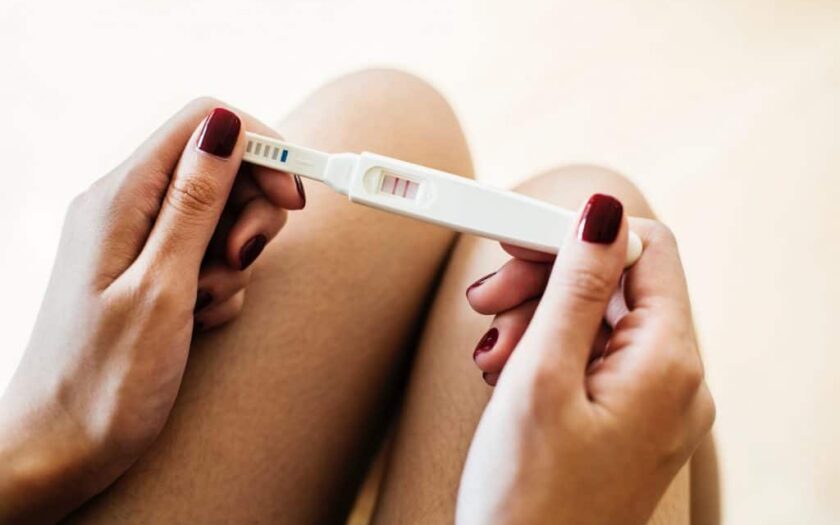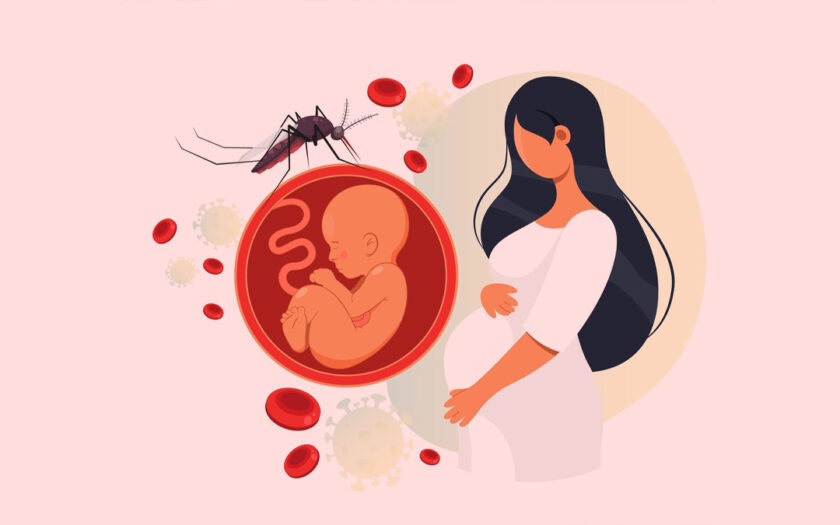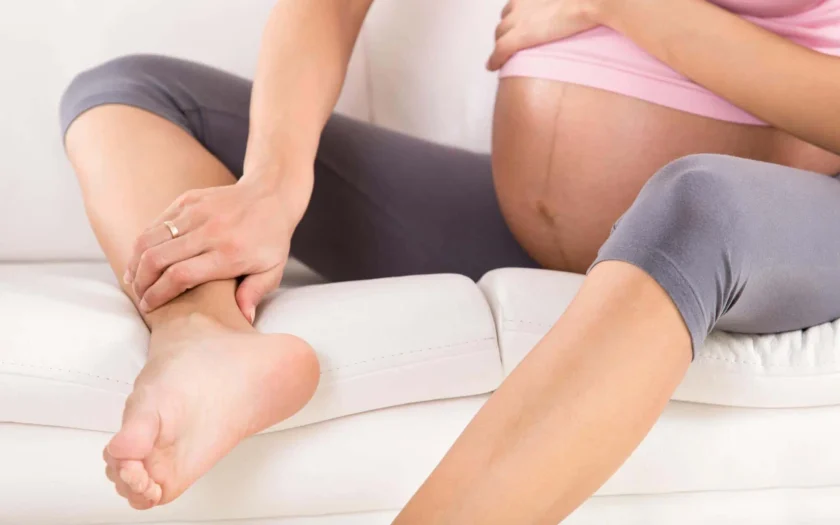Understanding the process of conception and the factors that influence fertility is essential for anyone trying to get pregnant. Here’s a detailed overview of what you need to know.
How Pregnancy Happens
To get pregnant, ovulation must occur. Ovulation is the process where a mature egg is released from the ovary, travels through the fallopian tube, and becomes available for fertilization by sperm. The uterus prepares for a potential pregnancy by thickening its lining. If the egg is not fertilized, this lining is shed during menstruation.
Key Facts About Ovulation
- Egg Lifespan: An egg lives 12-24 hours after being released.
- Single Egg Release: Typically, only one egg is released during each ovulation.
- Factors Affecting Ovulation: Stress, illness, hormonal imbalances, travel, changes in weight, exercise, or sleep patterns can affect ovulation.
- Spotting: Some women may notice light spotting around ovulation.
- Implantation Timing: If fertilization occurs, implantation usually takes place 6-12 days after ovulation.
- Egg Supply: Women are born with millions of immature eggs that are released throughout their reproductive years.
- Menstruation Without Ovulation: It’s possible to have a menstrual period even if ovulation hasn’t occurred.
- Ovulation Without Menstruation: Ovulation can still occur even if a woman hasn’t had her period.
- Ovulation Pain: Some women experience a pain or ache near the ovaries during ovulation, known as mittelschmerz.
Tips for Getting Pregnant Faster
- Track Ovulation:
- Ovulation Calendar: Use an ovulation tracker to determine your most fertile days. A woman’s cycle is measured from the first day of her period to the first day of her next period, typically lasting 28-32 days.
- Ovulation Signs: Look for changes in vaginal secretions, which become clear, wet, and stretchy before ovulation. Basal body temperature also rises slightly during ovulation, so tracking this daily can help you identify your fertile window.
- Timing of Intercourse:
- Have sex every two to three days throughout your cycle, especially during your fertile window, to increase the chances of sperm meeting the egg.
- Maintain a Healthy Lifestyle:
- Weight: Maintain a healthy weight, as being underweight or overweight can affect ovulation.
- Lubricants: Use fertility-friendly lubricants.
- Supplements: Consider taking a prenatal vitamin or fertility-boosting supplements.
- Avoid Smoking and Alcohol: Both can negatively impact fertility. Limit caffeine intake to less than 200 milligrams per day.
- Exercise: Don’t overdo strenuous exercise, as more than five hours of intense exercise per week can decrease ovulation.
How Long Does It Take to Get Pregnant?
- Within 1 Month: 30% of couples conceive.
- Within 3 Months: 60% of couples conceive.
- Within 6 Months: 80% of couples conceive.
- Within 1 Year: 85% of couples conceive.
- Within 4 Years: 92% of couples conceive.
Fertility naturally declines with age. Women in their 20s have the best chances of conceiving each month, with a gradual decline starting in their 30s and a significant drop by age 40.
When to Seek Help
If you’re under 35 and haven’t conceived after a year of trying, or if you’re over 35 and haven’t conceived after six months, it may be time to consult a fertility specialist. Both male and female factors contribute to infertility, so it’s important to evaluate both partners.
- Male Fertility: Low sperm count is a common issue. Home tests like SpermCheck Fertility can provide a quick check, but factors like sperm mobility and morphology should also be assessed by a healthcare professional.
Final Thoughts
Understanding your body and the factors that affect fertility can empower you in your journey to conceive. If you have further questions or concerns, don’t hesitate to reach out to a healthcare provider or a fertility specialist.



